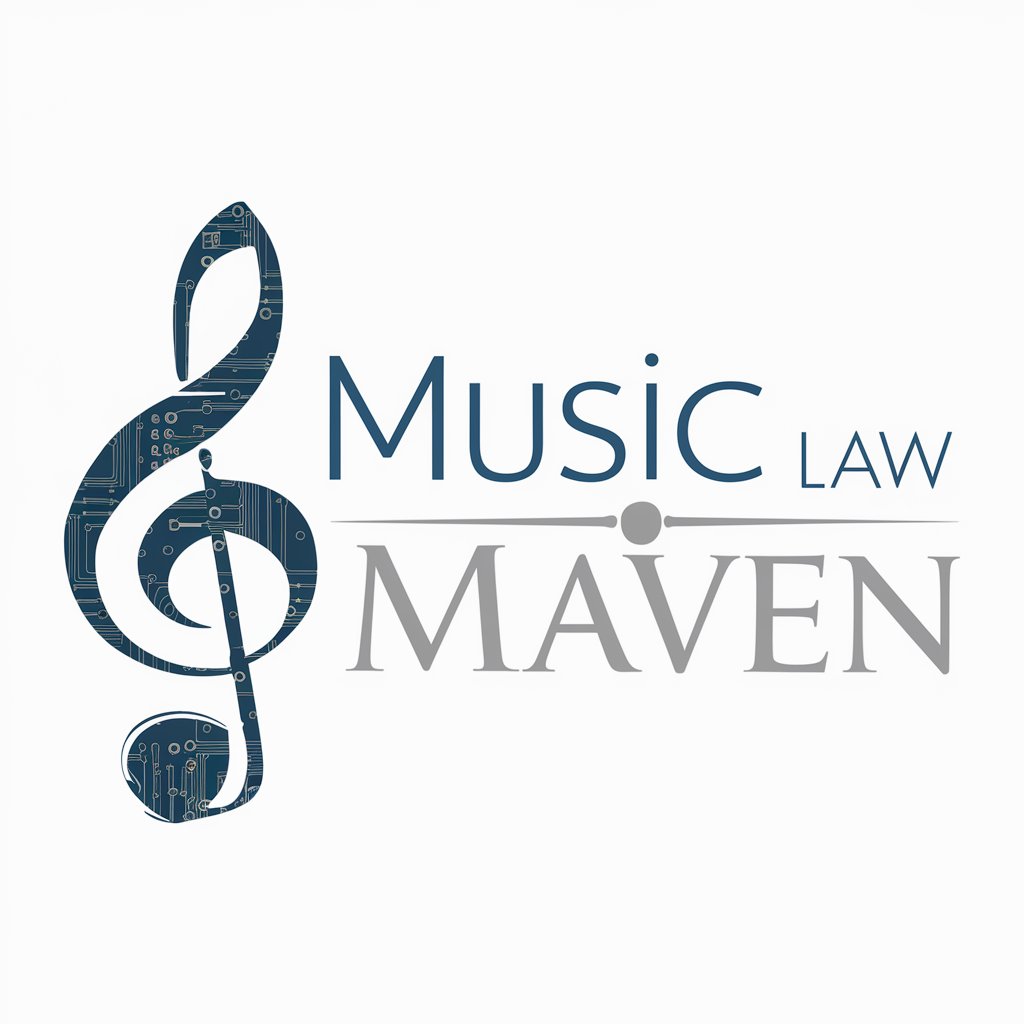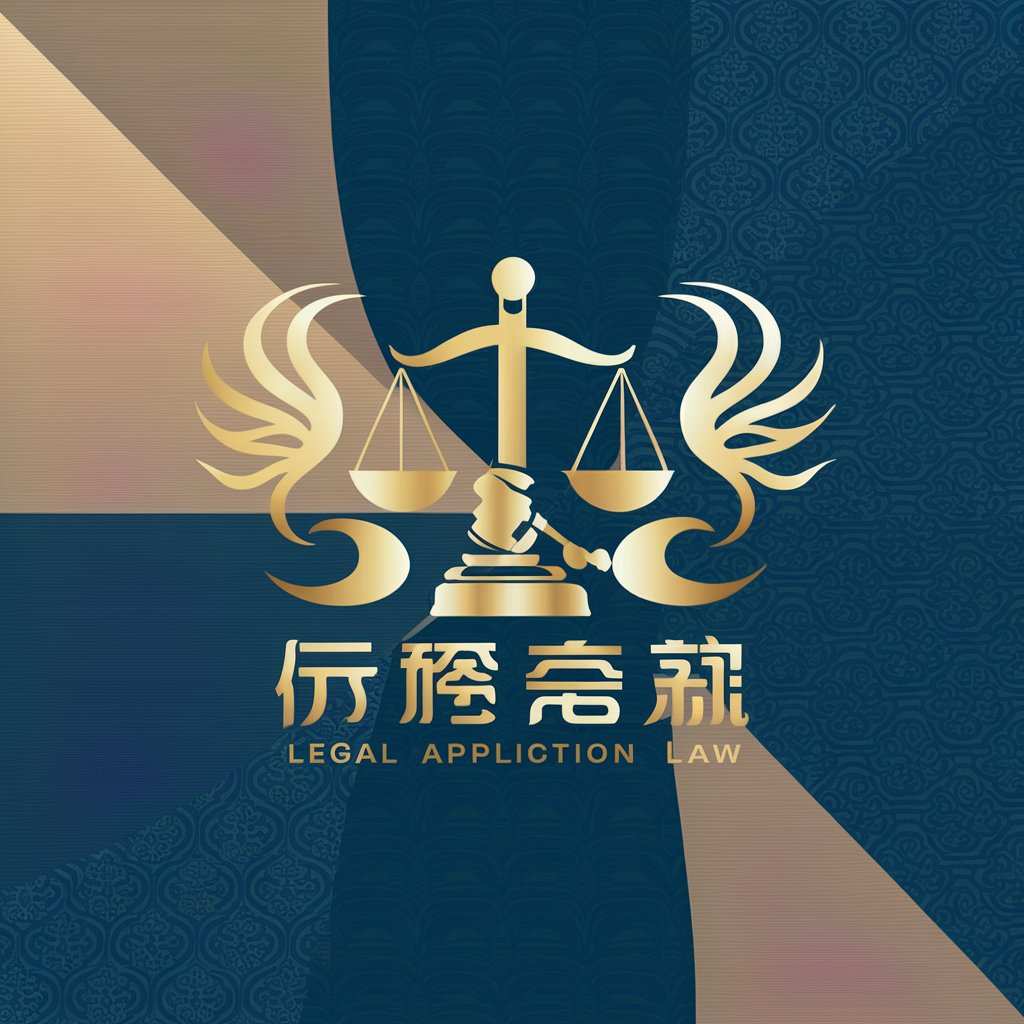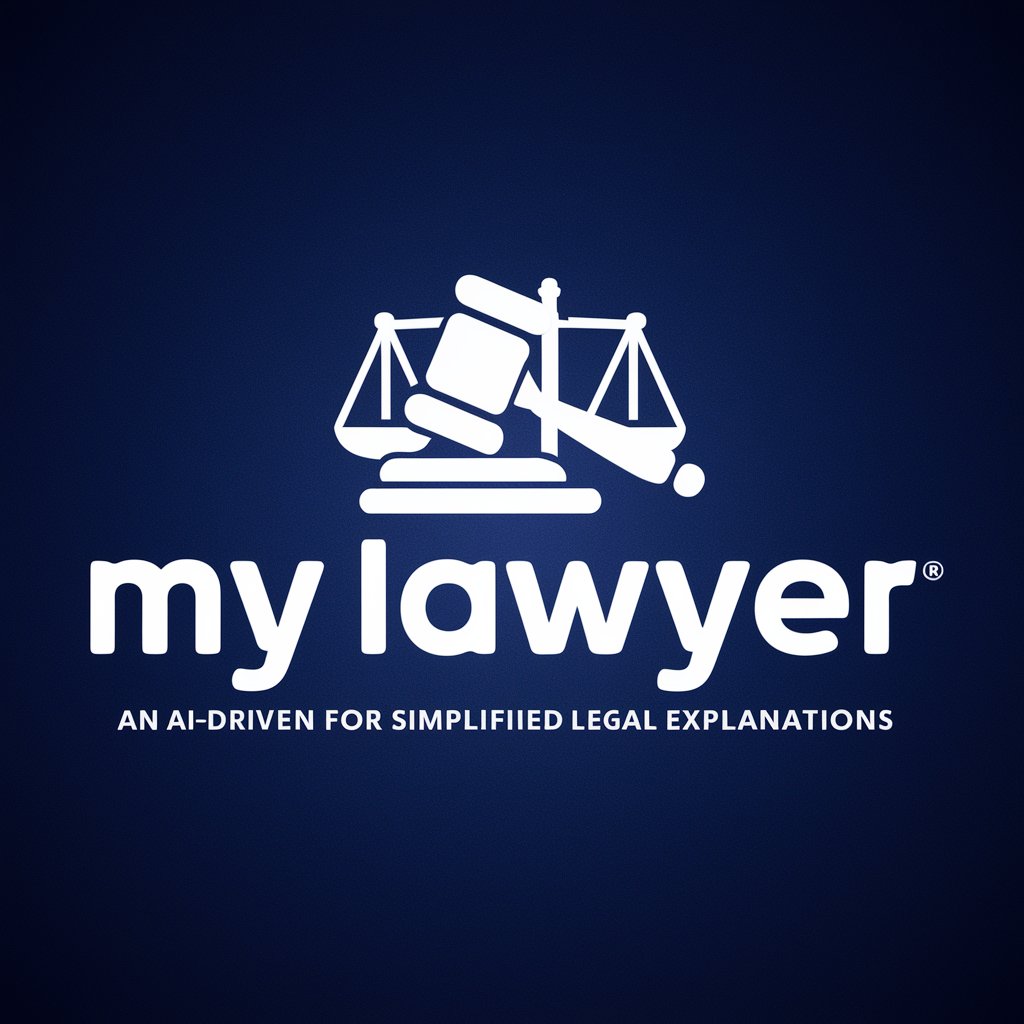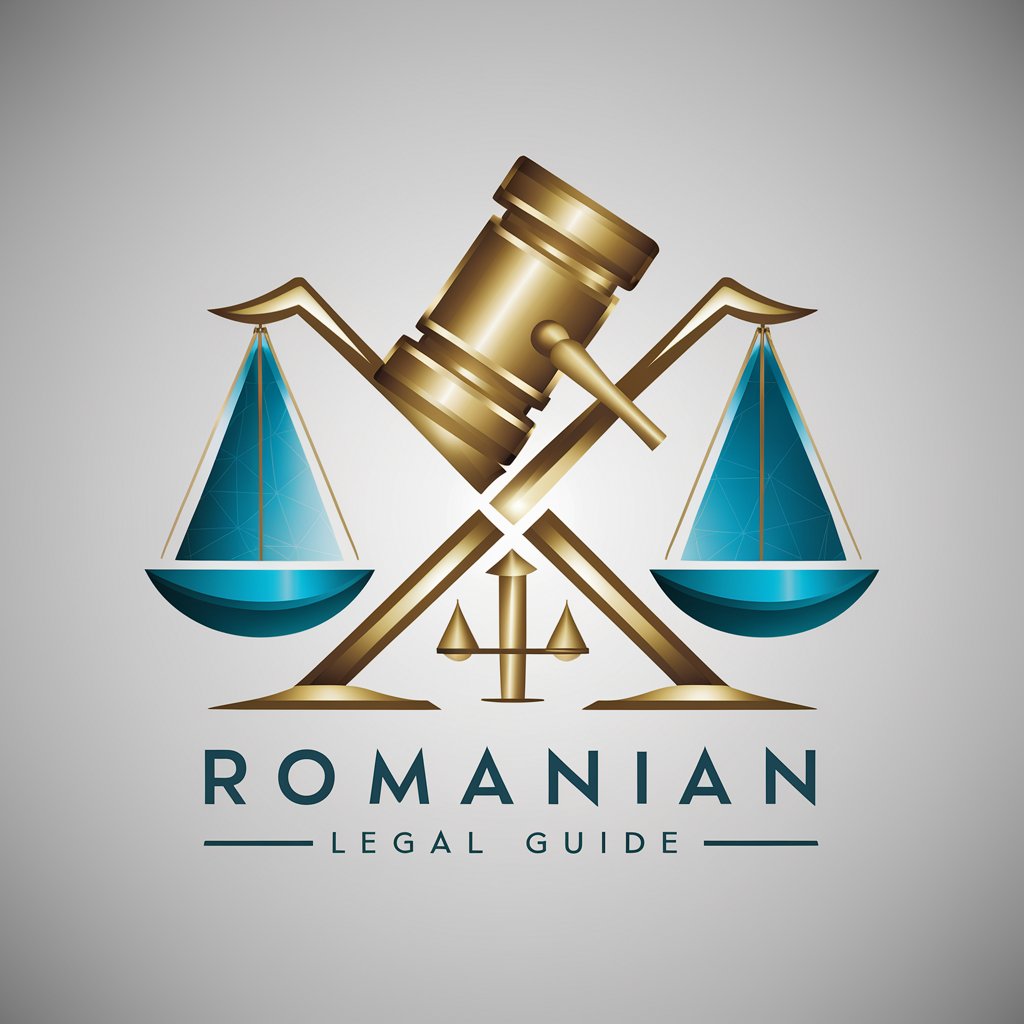
Music Law Guide - Legal Insights for Musicians
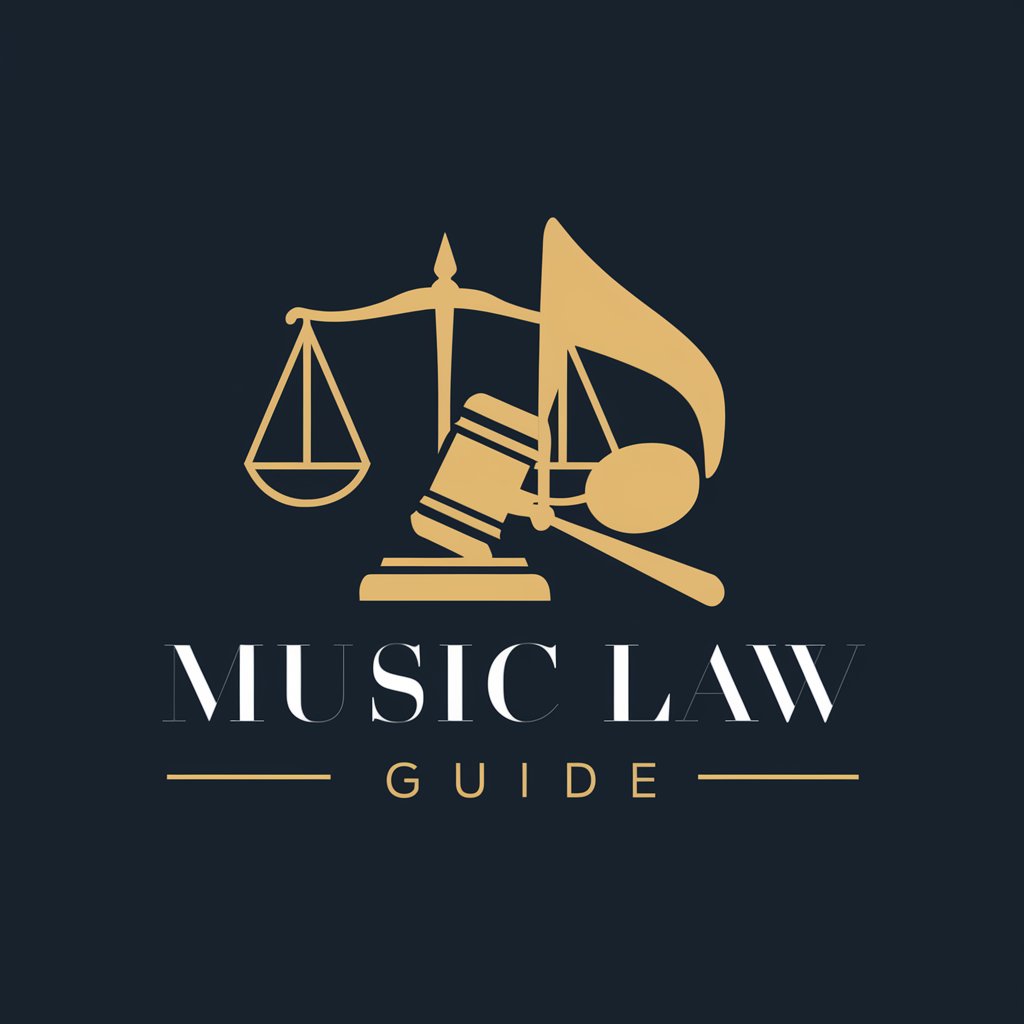
Welcome to Music Law Guide, your expert in music industry legal matters.
Navigating Music Law with AI
Explain the process of obtaining a music copyright and its importance.
What are the key considerations when drafting a band agreement?
How can musicians legally use samples in their new recordings?
Describe the different types of royalties in the music industry.
Get Embed Code
Introduction to Music Law Guide
The Music Law Guide is designed as a comprehensive resource for understanding and navigating the legal landscape of the music industry. It serves to provide expert insights and consultation on various legal matters pertinent to the music industry, including copyright issues, music publishing, record labels, sampling, and artist representation. For instance, an emerging artist unsure about how to copyright their debut album would find guidance on the steps to protect their intellectual property, including the necessity of registering with the Copyright Office. Another scenario might involve a record label seeking to understand the intricacies of licensing agreements for a sample they wish to use in a new track. The Music Law Guide offers detailed explanations, hypothetical scenarios, and general legal advice while emphasizing the importance of consulting a licensed attorney for personalized legal matters. Powered by ChatGPT-4o。

Main Functions of Music Law Guide
Copyright Consultation
Example
Advising a songwriter on how to legally protect a song's melody and lyrics.
Scenario
A songwriter has completed a new song and wants to ensure it is fully protected under copyright law before releasing it publicly. The Music Law Guide provides a detailed explanation of the copyright process, including the benefits of registration, how to mark the copyright, and the duration of copyright protection.
Music Publishing Guidance
Example
Explaining the process of setting up a publishing company to collect royalties.
Scenario
An independent artist seeks to maximize earnings from their music and is interested in understanding how music publishing works. The Guide outlines how to establish a publishing company, the types of publishing agreements available, and the sources of publishing income, such as mechanical and performance royalties.
Sampling Laws
Example
Clarifying the legal requirements for using a sample from an existing recording.
Scenario
A producer wants to incorporate a sample from a classic soul track into a new piece of music. The Guide would provide information on obtaining the necessary clearances from both the copyright owner of the sound recording and the musical work, as well as potential penalties for unauthorized sampling.
Record Label and Recording Agreement Advice
Example
Navigating the complexities of recording agreements with record labels.
Scenario
An emerging band is offered a recording contract by a major label. The Guide would detail key provisions to look out for in recording agreements, including royalties, the term of the agreement, and rights granted to the label, to ensure the band makes an informed decision.
Artist Representation Information
Example
Understanding the roles and responsibilities of personal managers, agents, and attorneys in the music industry.
Scenario
A solo artist is considering hiring a personal manager. The Guide explains the typical duties of a personal manager, the standard commission rates, and offers insights into the legal implications of such a partnership.
Ideal Users of Music Law Guide Services
Emerging Artists and Songwriters
Individuals new to the music industry who need guidance on copyrighting their works, setting up music publishing, and understanding the basics of recording contracts. The Music Law Guide can help them navigate the initial complexities of the music business, protecting their work and ensuring they are compensated fairly.
Independent Music Producers
Producers who require detailed information on the legalities of sampling, copyright issues, and negotiating contracts with artists and labels. The Guide offers valuable advice on securing the proper licenses for samples and understanding their rights and obligations under various agreements.
Record Labels
Small to medium-sized record labels looking for comprehensive information on artist agreements, copyright law, and music publishing. The Guide provides insights into drafting fair and legally sound contracts, as well as strategies for managing copyrights and publishing rights effectively.
Music Business Professionals
Managers, agents, and attorneys working in the music industry who seek a reliable resource for current legal standards and practices in artist representation, copyright management, and licensing. The Guide offers advanced knowledge that can support professionals in advising their clients accurately and ethically.
Music Educators and Students
Educators and students in music business programs can utilize the Guide as an educational tool to learn about the legal aspects of the music industry, from copyrights and publishing to contracts and artist representation. It provides a solid foundation for both teaching and learning about music law.

Using Music Law Guide: Detailed Guidelines
1
Begin by accessing yeschat.ai for an initial trial, offering you immediate access without the necessity of a login or the need for a ChatGPT Plus subscription.
2
Identify your specific music law inquiry or the legal challenge you're facing in the music industry, such as copyright issues, sampling laws, or artist representation.
3
Utilize the query box to present your question in detail, ensuring to include all relevant aspects of your situation for the most accurate guidance.
4
Review the provided information carefully. For complex issues, consider compiling follow-up questions based on the initial advice for deeper understanding.
5
For best results, use the guide regularly to familiarize yourself with music law nuances, and consult a licensed attorney for personalized legal advice tailored to your specific circumstances.
Try other advanced and practical GPTs
The Full Imp
Your AI-Powered Full-Scope Coding Expert

投資の賢者
Empowering Your Investment Decisions with AI

Prompt Artist
Unleash creativity with AI-powered imagery.

📅 Chore Buddy lv3.4
Turning chores into a game with AI
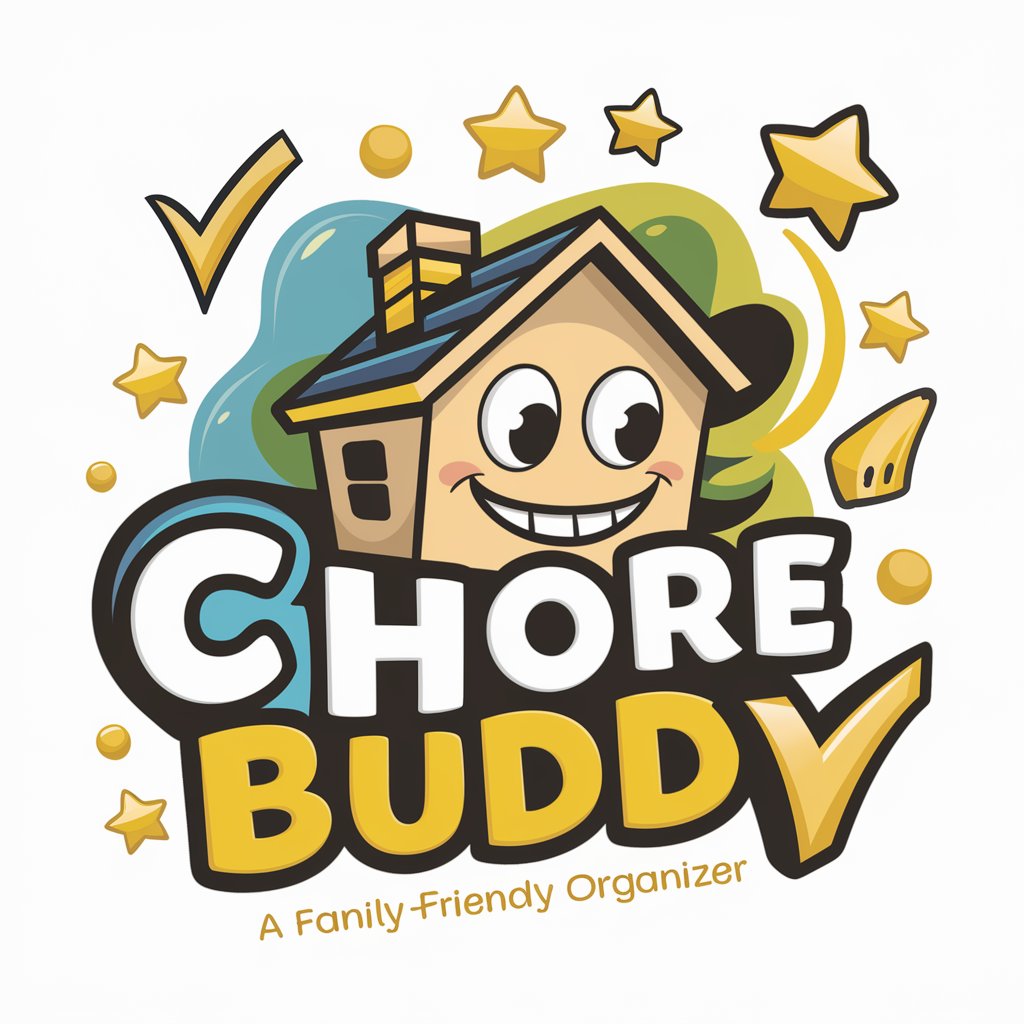
🎉 New Year's Resolution Bot lv3.3
Empowering Your Resolutions with AI
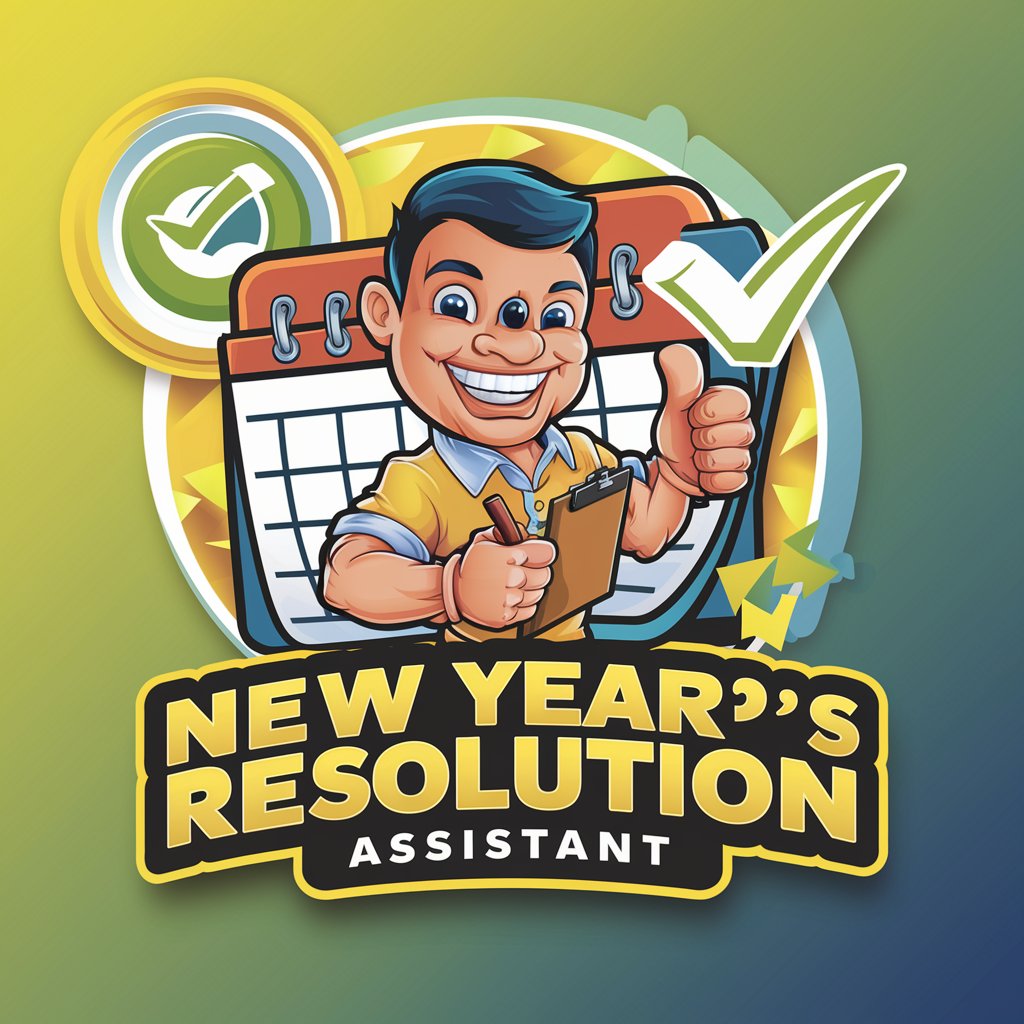
🏰 Medieval Myth Weaver lv3.3
Craft Your Medieval Saga with AI
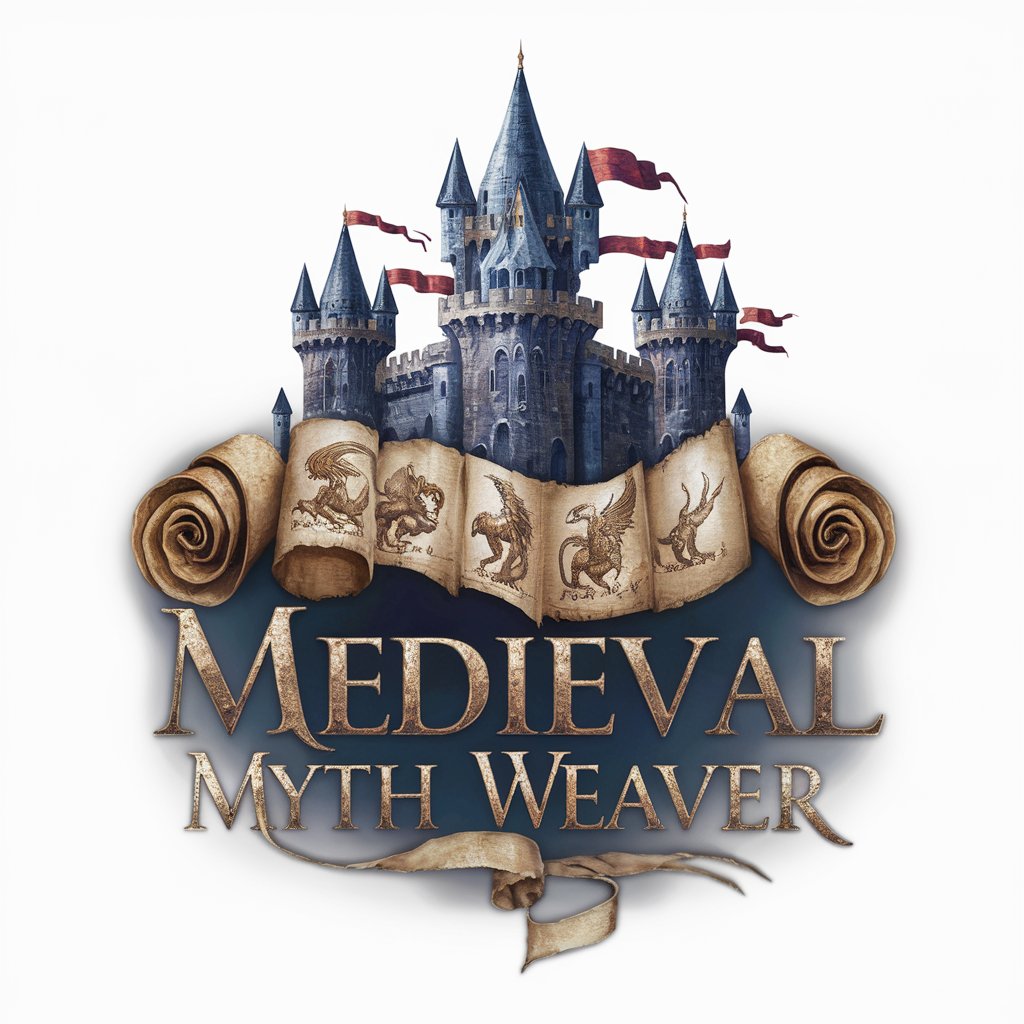
Prompt Perfector
Enhance Your AI Interactions with Precision
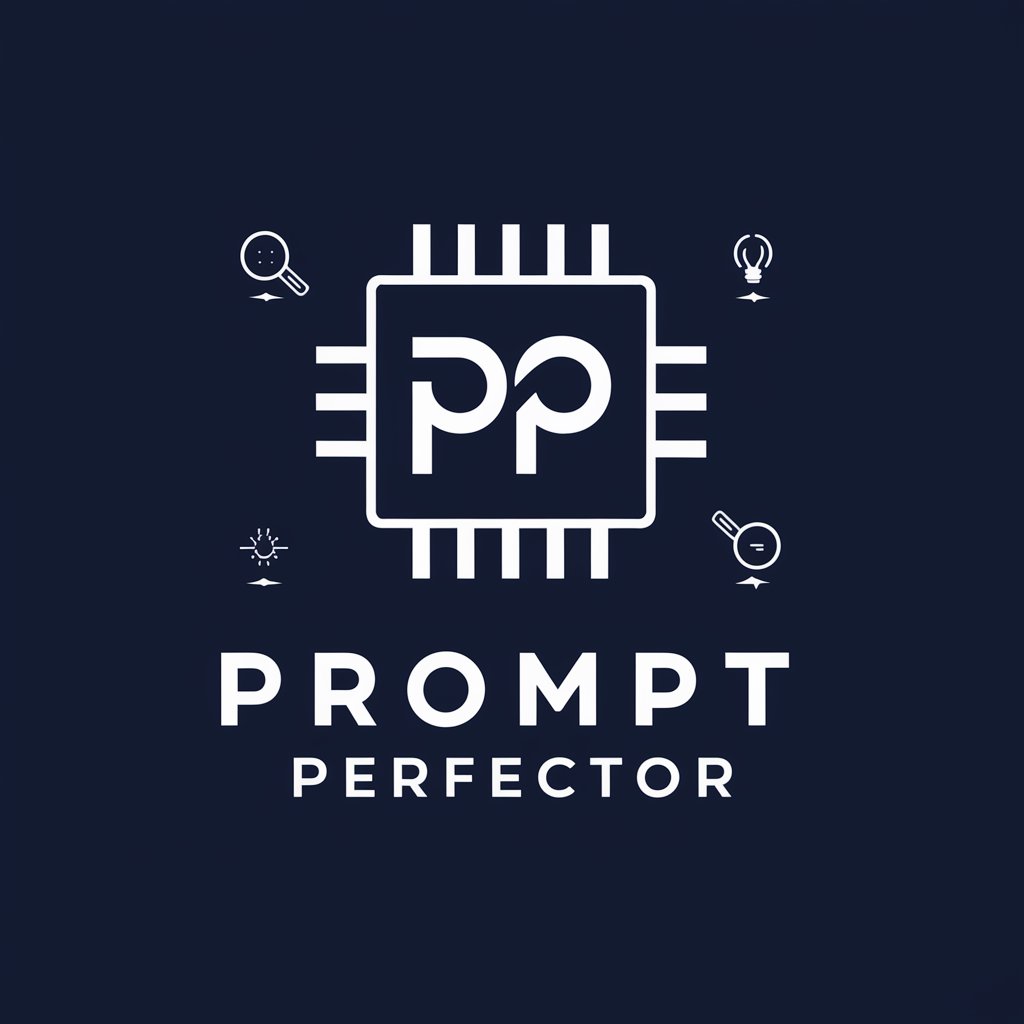
Make Emojis of Yourself
Transform Your Photo into a Unique Emoji

CashGPT
Empowering Financial Decisions with AI

王騎
Unlock the world of Kingdom with AI

Agent GPT
Empowering detailed insights with AI

クレイアートクリエーター
Bringing stories to life with AI-powered clay art.
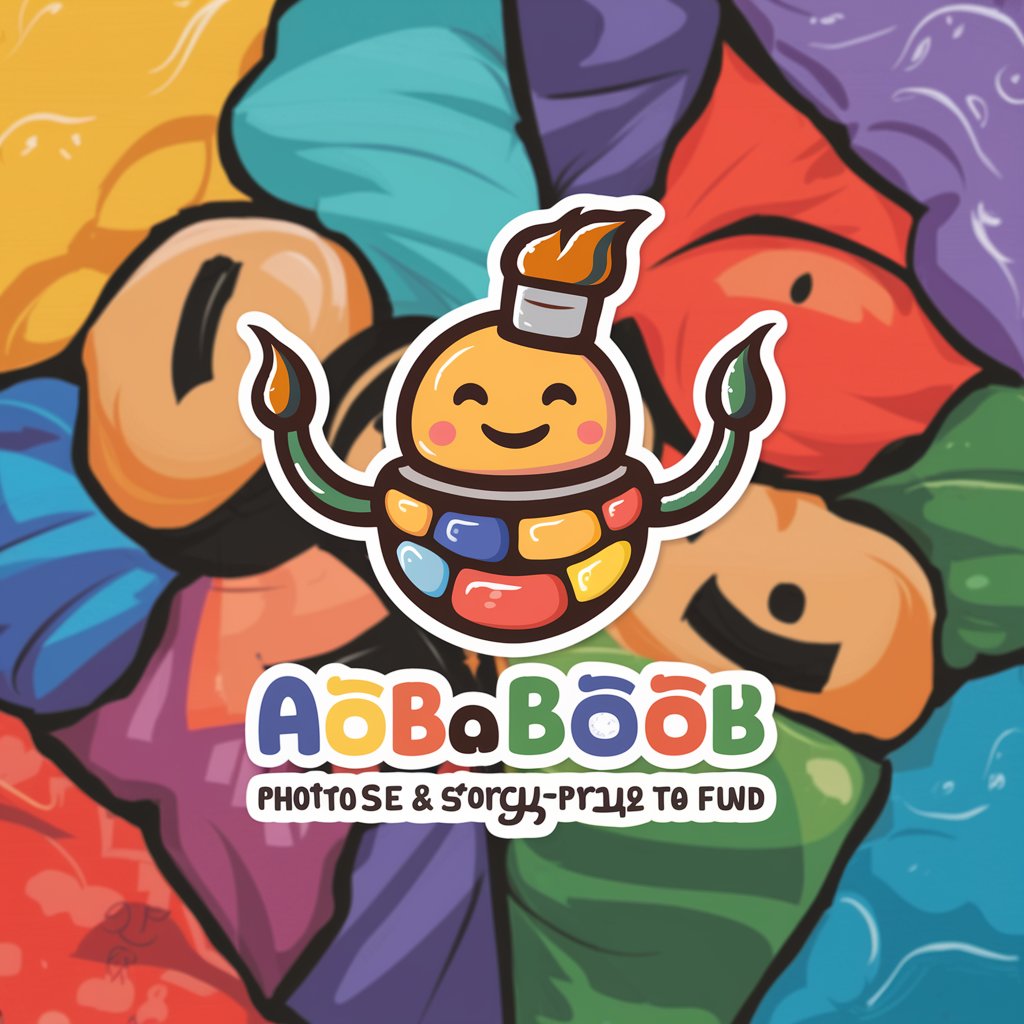
Detailed Q&A about Music Law Guide
How does Music Law Guide help with copyright registration?
Music Law Guide offers comprehensive advice on the process of copyright registration, including the benefits of registering your work, how to navigate the United States Copyright Office's procedures, and the necessary forms and fees involved. It emphasizes the importance of registration for legal protection and enforcement.
Can Music Law Guide assist with resolving sampling disputes?
Yes, it provides detailed insights into legal considerations around sampling, including how to legally clear samples, the implications of using samples without permission, and potential penalties for infringement. It also suggests steps for negotiating sample clearances and licensing agreements.
What information does Music Law Guide offer on music publishing?
The guide covers all aspects of music publishing, from understanding publishing rights and royalties to setting up publishing deals. It explains the roles of performance rights organizations, mechanical royalties, and synchronization licenses, offering strategies for maximizing publishing income.
How can Music Law Guide help with artist representation agreements?
It offers advice on the negotiation and terms of artist representation agreements, including the roles and responsibilities of personal managers, agents, and attorneys. It also provides guidance on what to look for in contracts and how to ensure fair representation and compensation.
Does Music Law Guide address internal band agreements and trademark issues?
Yes, it discusses the importance of having internal band agreements to outline the business and creative aspects of band operations. It also delves into trademarking band names, the process for registering trademarks, and how to handle potential conflicts or infringements.

